
For your satisfaction and suggestions
İGÜMER

The event commenced with an opening speech delivered by the Mayor of Esenyurt. Following the speech, a seminar titled "Maintaining Traditional Family Roles in the 21st Century: Changing Roles and Expectations" was presented. This was followed by a panel discussion titled "The Foundation of Society: The Power of Being a Family". The program continued with various workshops and concluded with the seminar "The ABC of Education (Mother-Father-Child)". At the end of the event, participation certificates were distributed to all attendees.
The year 2025 has been declared as the "Year of the Family" in Turkey. The initiative aims to strengthen family bonds, preserve cultural values, and enhance intergenerational communication. Through educational programs, events, and projects, the significance of the family institution is being emphasized. Social solidarity and love-based relationships are placed at the forefront.
The family is the primary social unit where an individual is born, grows, and lays the foundation of their personality. It provides support, love, trust, and guidance throughout all stages of life and constitutes the cornerstone of society. The values gained within the family play a crucial role in an individual's adaptation to society and the establishment of healthy relationships. Core values such as love, respect, responsibility, and sharing are primarily learned in the family. Therefore, the development of strong individuals depends on the presence of strong family structures.
Family structures vary according to cultural, economic, and social factors. The nuclear family, consisting of parents and children, is the most common family type in modern urban settings. While it allows for greater independence and autonomy, it may offer limited social support compared to the extended family. Extended families, including grandparents, uncles, and aunts living under the same roof, facilitate intense intergenerational interaction and are more prevalent in rural or traditional communities. This structure encourages solidarity, sharing, and mutual aid.
Other common family types include single-parent families, which emerge due to divorce, death, or other circumstances, where only one parent assumes the caregiving role. In such families, the burden on the caregiver is greater, and strong social support systems are essential for the healthy development of children. Another increasing model is blended families formed through remarriage, involving step-parents and step-siblings, which require unique adjustment processes.
A healthy family is characterized by mutual love, respect, trust, and open communication, where the physical, emotional, and social needs of its members are met. In such environments, individuals feel valued, are able to express themselves freely, and are accepted. In healthy families, issues are resolved through communication, decisions are made collectively, and each member’s opinion is respected. Children raised in such environments develop into self-confident, responsible, and socially competent individuals.
Roles and boundaries in healthy families are clearly defined. Parents guide their children while supporting their individual development. Empathy, emotional expression, and spending quality time together are foundational elements. Additionally, healthy families act in unity when facing challenges and demonstrate resilience and solidarity. As the basic unit of society, the strength and health of families are critical to the development of balanced and well-functioning communities. Strengthening intra-family relationships, fostering mutual understanding, and giving the family institution the attention it deserves are essential for societal well-being.
Each family type has its own dynamics. What matters most is establishing unity based on love, respect, and communication. The family is an individual’s first social environment, and the foundations laid within it have a lasting impact throughout life.
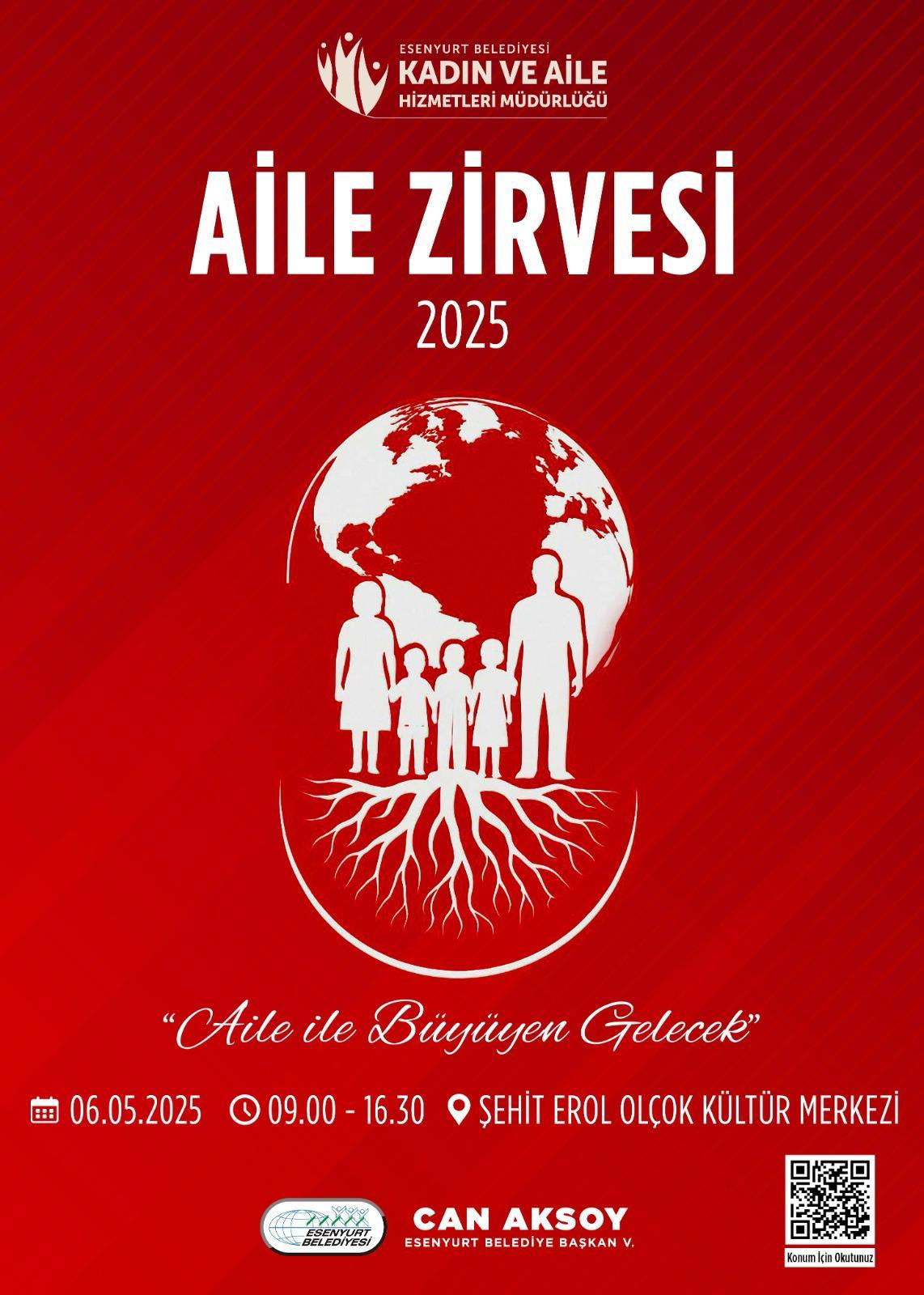
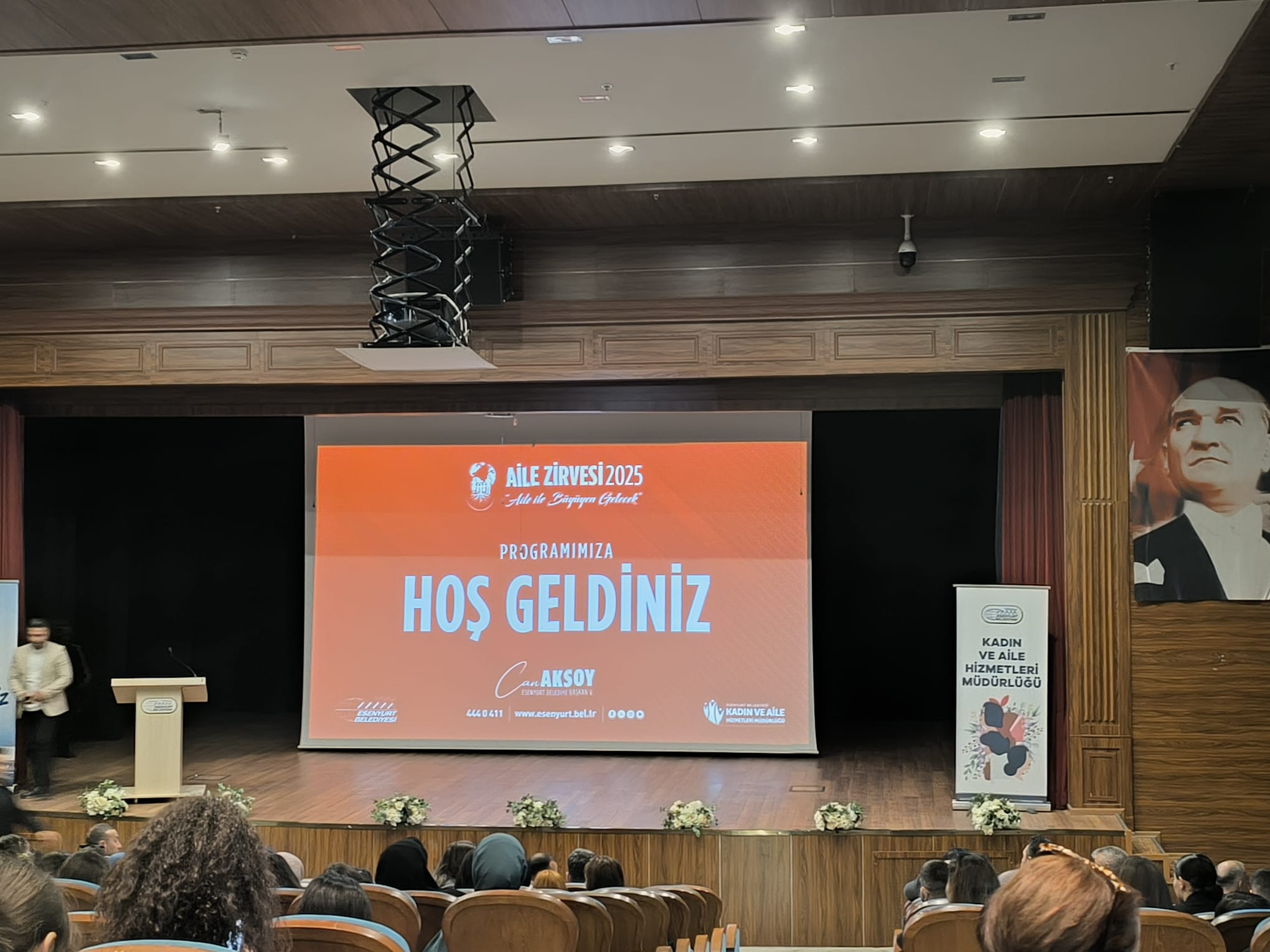
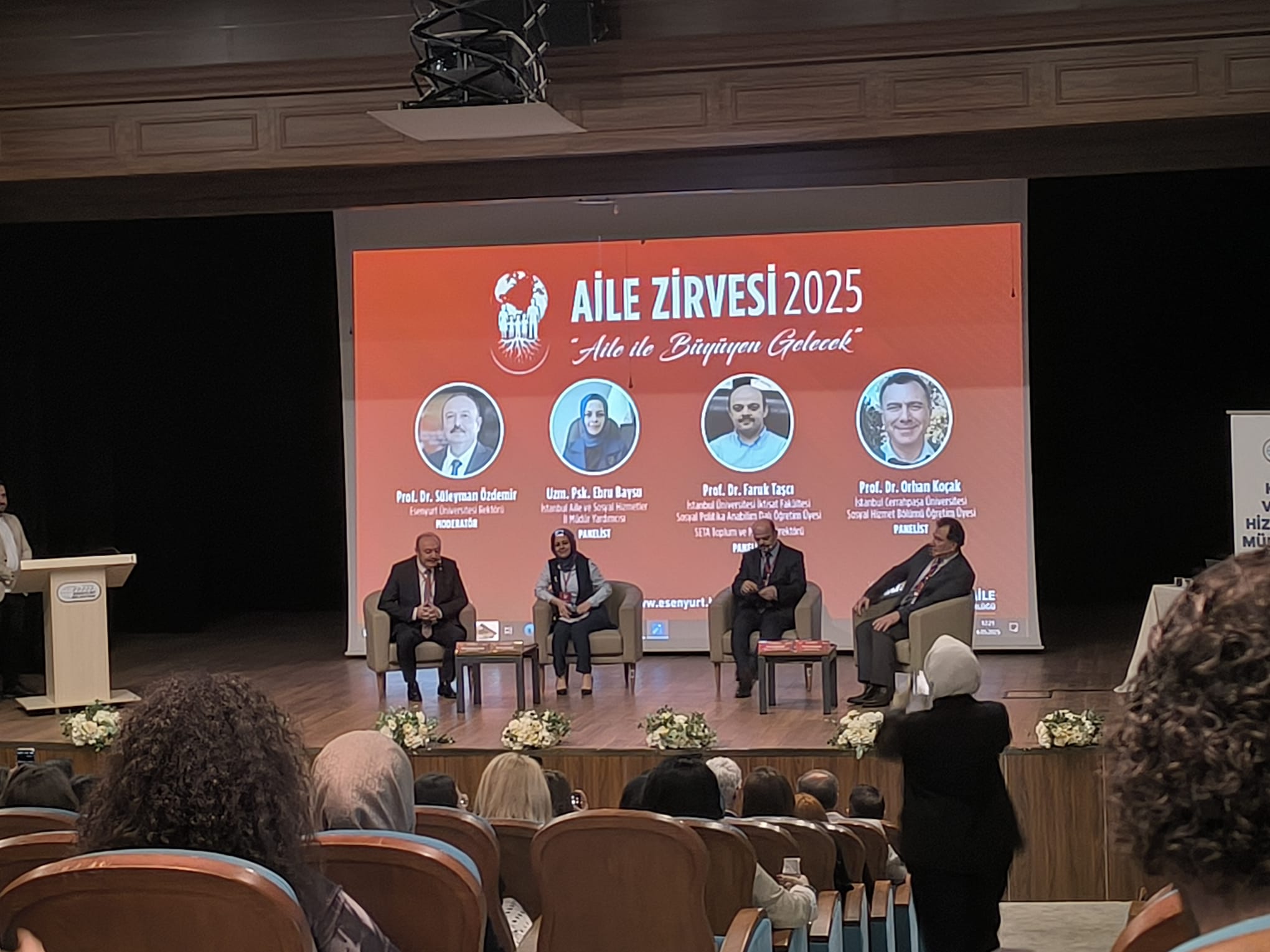
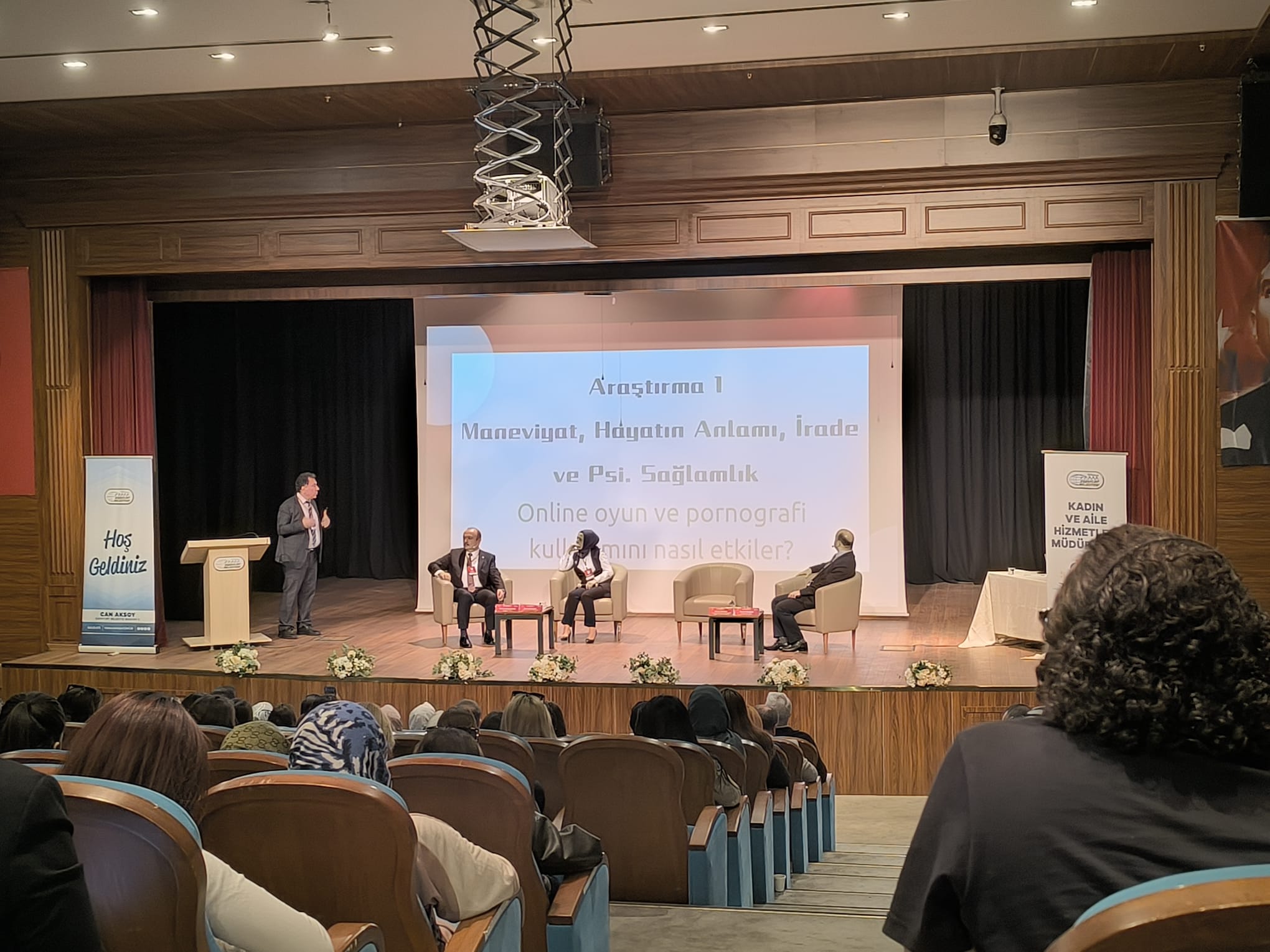
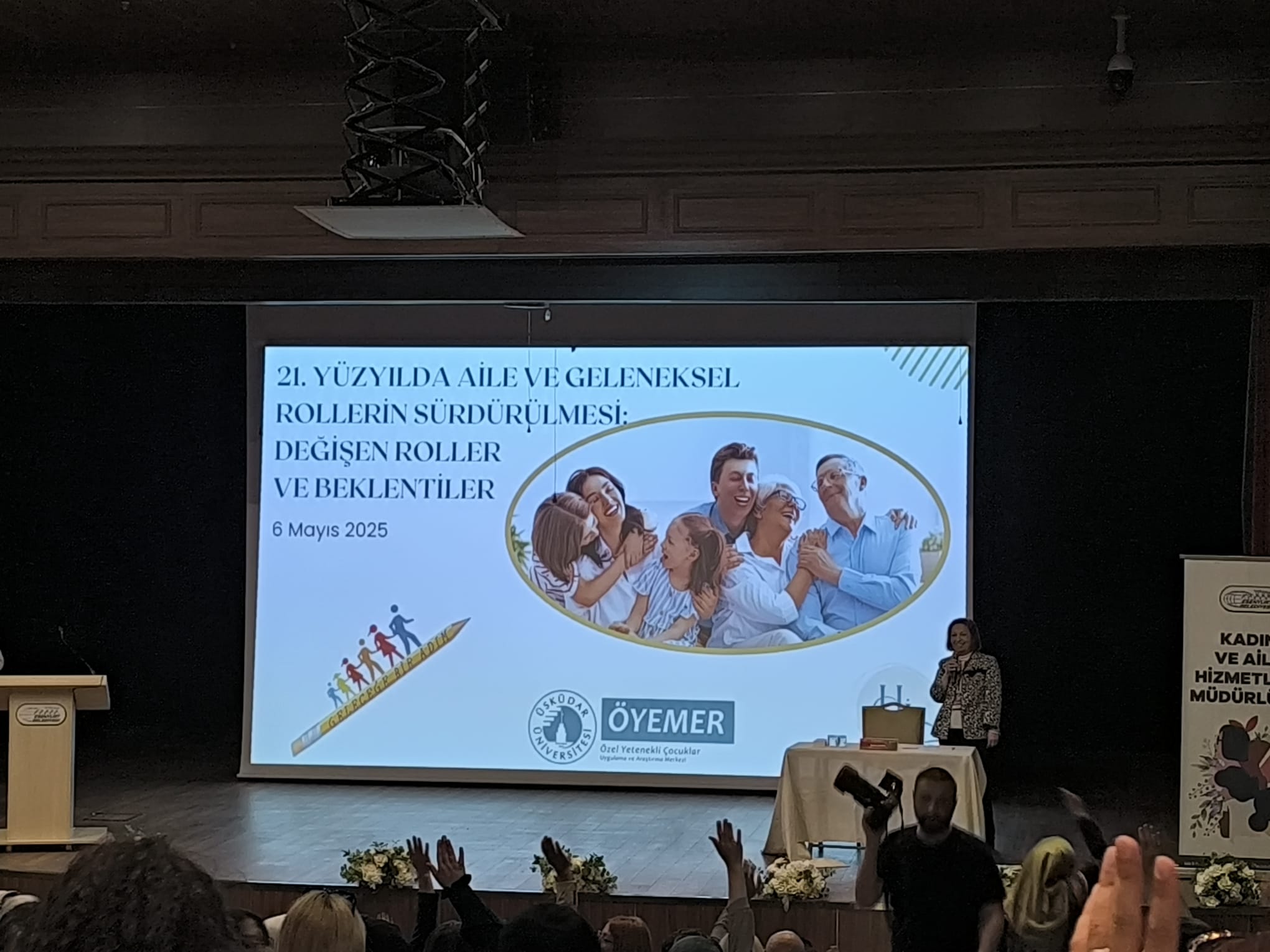
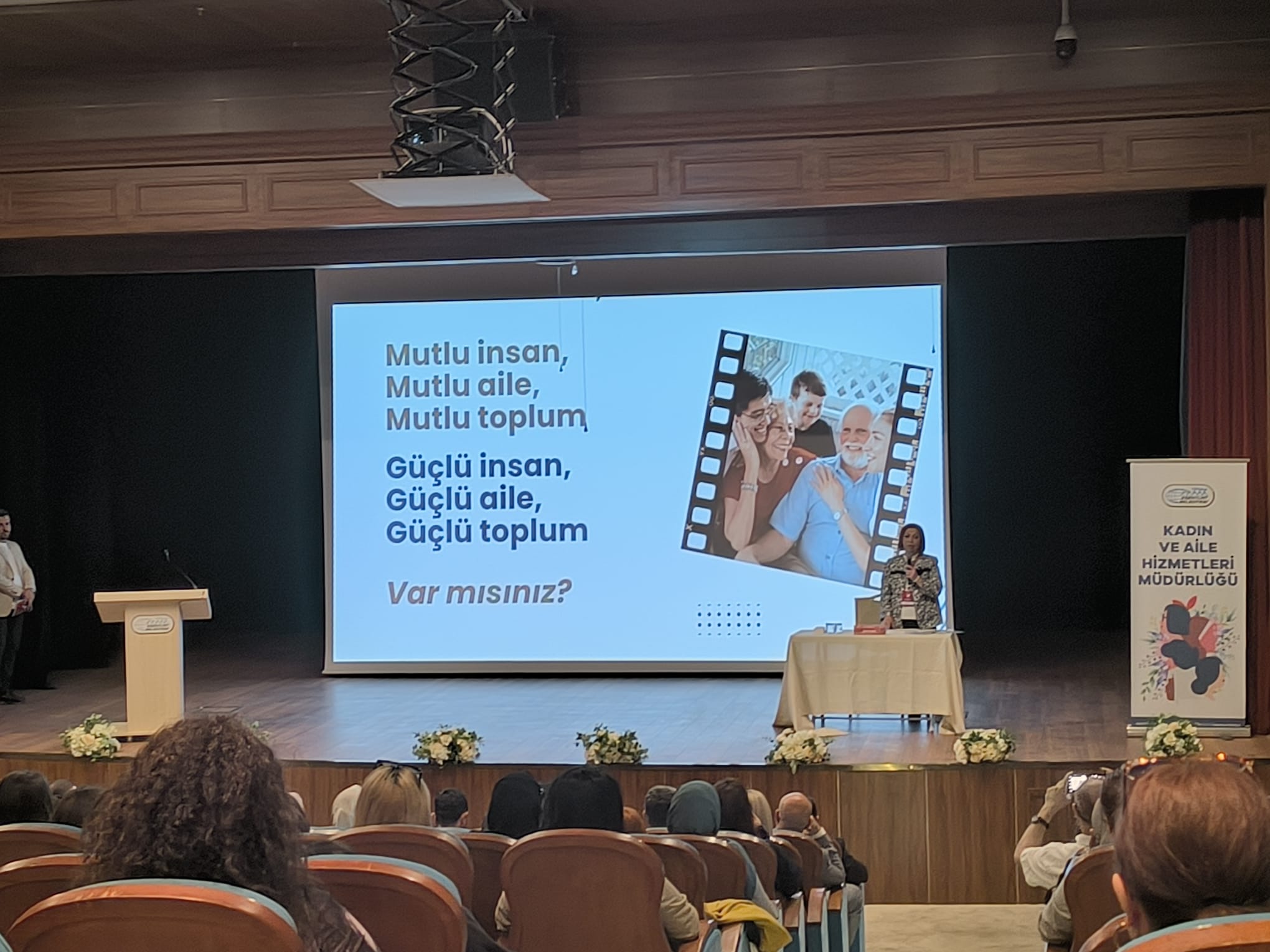
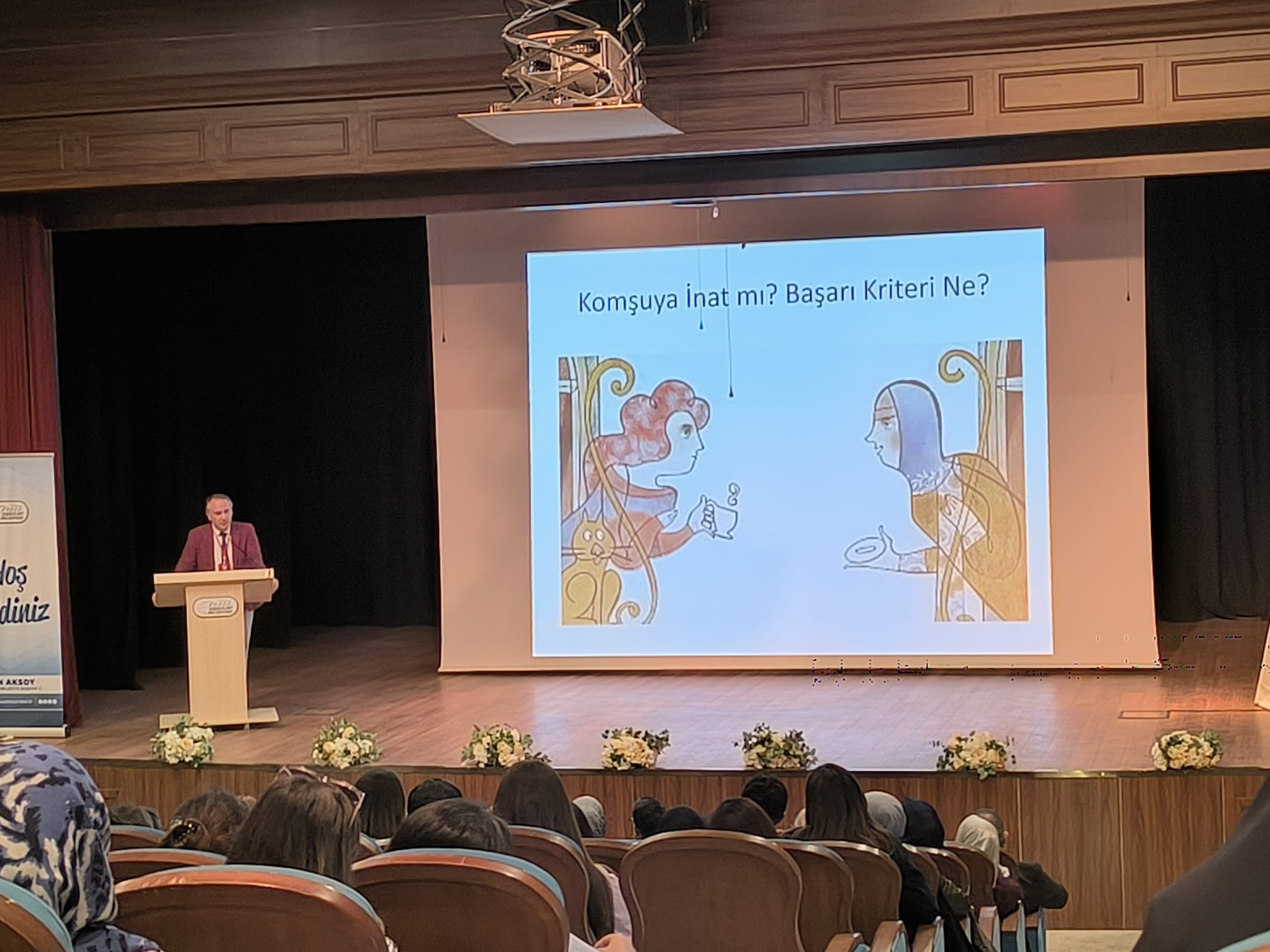
© Copyright 2022 Istanbul Gelisim University All Rights Reserved.